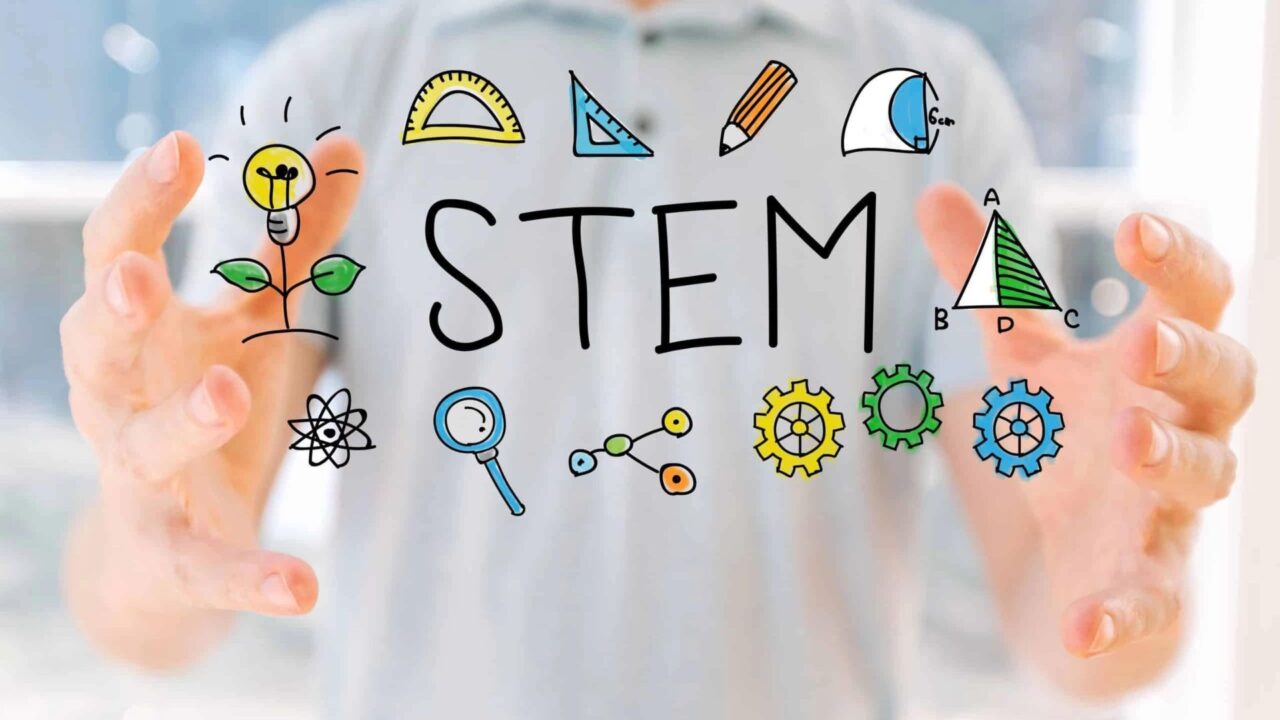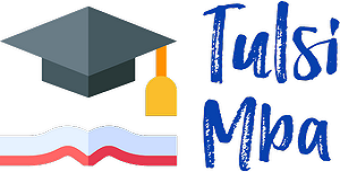The Role of Art in STEM Education: Cultivating Creativity
The Role of Art in STEM Education Cultivating Creativity STEM (Science, Technology, Engineering, and Mathematics) education has long been a cornerstone of academic excellence, equipping learners with critical skills for the future. However, there’s an emerging paradigm that’s enhancing STEM education: the infusion of art, transforming it into STEAM. In this comprehensive guide, we explore the vital role of art in STEM education and how it cultivates creativity, innovation, and holistic learning.
Understanding STEM vs. STEAM
1. STEM Education
Role of STEM Education Cultivating traditionally focuses on science, technology, engineering, and mathematics. It emphasizes analytical and technical skills, preparing students for careers in fields like computer science, biology, and engineering.
2. STEAM Education
STEAM education expands upon STEM by incorporating the arts—visual arts, music, theater, and more. It recognizes that creativity and innovation are integral to scientific and technological advancements.
The Importance of Creativity in STEM
1. The Creative Scientist
Contrary to popular belief, creativity is not confined to the arts. It’s an essential trait for scientists and engineers. Creative thinking enables problem-solving, experimentation, and the development of novel solutions.
2. Innovation Through Integration – Role of STEM Education Cultivating
Innovation often occurs at the intersection of disciplines . The infusion of art into STEM fosters interdisciplinary thinking, leading to breakthroughs in fields like medical technology, architecture, and data visualization.
The Benefits of STEAM Education – Role of STEM Education Cultivating
1. Enhanced Problem-Solving Skills
Art encourages divergent thinking, helping students approach problems from multiple angles and devise innovative solutions.
2. Holistic Learning
STEAM education provides a more comprehensive education experience, nurturing both the analytical and creative sides of the brain.
3. Real-World Relevance
The ability to communicate complex scientific ideas through art helps bridge the gap between STEM concepts and the broader community.

Art Forms in STEAM Education
1. Visual Arts
a. Scientific Illustration: Creating accurate, visually appealing depictions of scientific concepts, from cells to astronomical phenomena.
b. Data Visualization: Transforming complex data sets into comprehensible visuals, aiding in data-driven decision-making.
2. Music and Sound
a. Sonification: Converting data into sound to explore patterns and trends, making information more accessible.
b. Acoustical Engineering: Blending art and physics to design soundscapes, concert halls, and audio technologies.
3. Theater and Performance Arts
a. Science Communication: Using storytelling and performance to convey scientific discoveries to diverse audiences.
b. STEM Ethical Dilemmas: Exploring the ethical implications of scientific advancements through drama and dialogue.
Implementing STEAM Education
1. Curriculum Integration
a. Interdisciplinary Modules: Designing courses that seamlessly blend STEM and art concepts.
b. Collaborative Projects: Encouraging students to work together on projects that require both STEM and art skills.
2. Professional Development
a. Teacher Training: Equipping educators with the tools and knowledge to integrate art into their STEM instruction.
b. Cross-Disciplinary Workshops: Providing opportunities for teachers from different departments to collaborate on lesson plans.
3. Resources and Facilities
a. Art Studios: Creating dedicated spaces for artistic exploration within STEM institutions.
b. Technology Integration: Leveraging digital tools and software for art and STEM projects. For more detail
Success Stories: STEAM in Action
1. The Leonardo da Vinci Robot
An interdisciplinary team of engineers and artists collaborated to create a robot that replicated the artistic techniques of Leonardo da Vinci. This project pushed the boundaries of both fields.
2. The Symphony of Science
Composer and science enthusiast John Boswell created a series of music videos that feature scientists like Carl Sagan and Richard Feynman, using auto-tuned speech to make their ideas more engaging.
Challenges and Criticisms
1. Resource Allocation
Critics argue that incorporating art into STEM programs may divert resources away from core STEM subjects.
2. Assessment
Measuring the impact of STEAM education can be challenging, as traditional assessment methods may not capture the full spectrum of skills developed.
3. Teacher Training
Not all educators have a background in both STEM and art, making it essential to invest in teacher training and professional development.
Future Trends in STEAM Education – Role of STEM Education Cultivating
1. AI and Creativity
Artificial intelligence and machine learning are being used to generate art, blurring the lines between human creativity and automation.
2. Virtual Reality (VR) and Immersive Learning
VR allows students to explore scientific concepts in artistic and immersive ways, creating a unique fusion of art and STEM.
3. Global Collaboration
STEAM initiatives are increasingly global, fostering collaboration among educators, artists, and scientists from around the world.
Conclusion
The integration of art into STEM education is not a dilution of scientific rigor; it’s an enhancement of creativity, innovation, and holistic learning. In the age of rapid technological advancement, individuals who can bridge the gap between science and art will be poised to tackle complex challenges and shape a more vibrant future. STEAM education empowers learners to become the architects of this future, fostering a dynamic synergy between the analytical and the creative, the logical and the imaginative. Embrace the transformative power of STEAM education and prepare to embark on a journey of boundless possibilities. Read more





